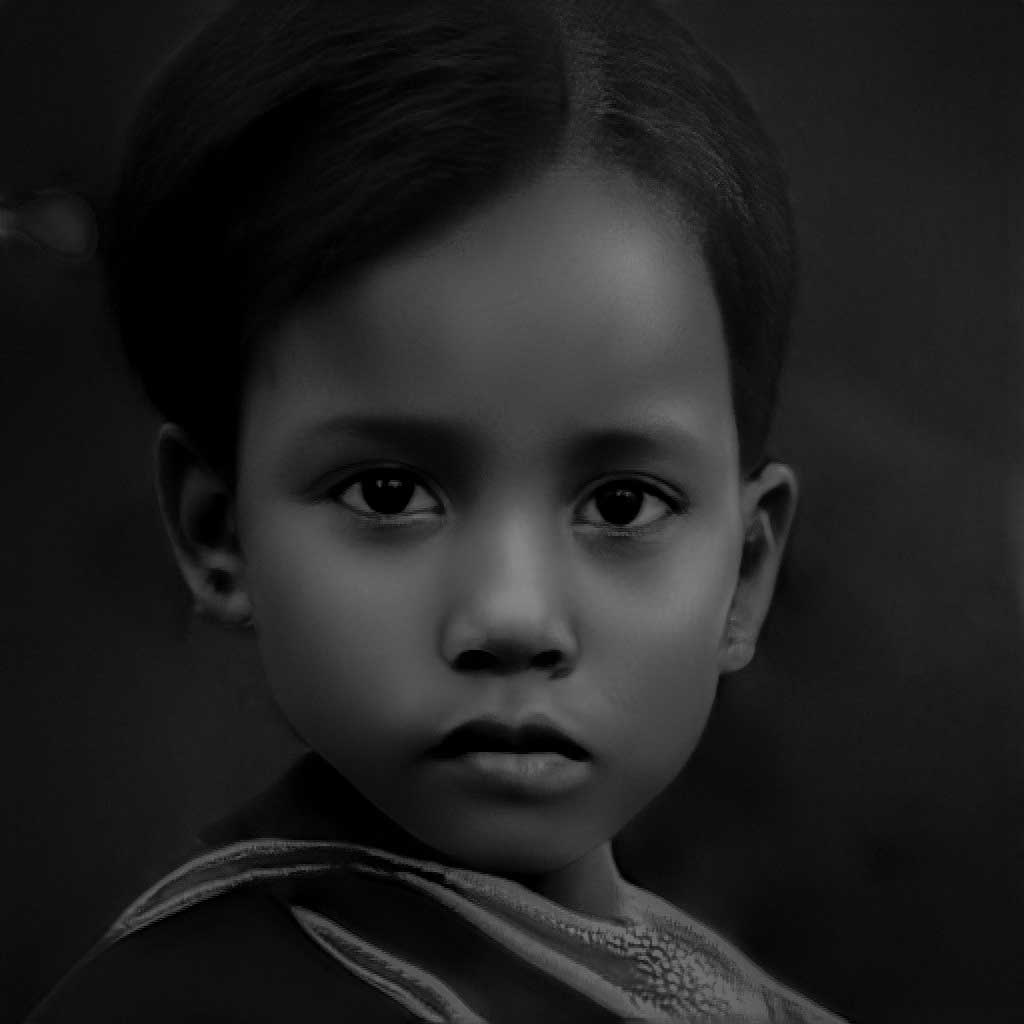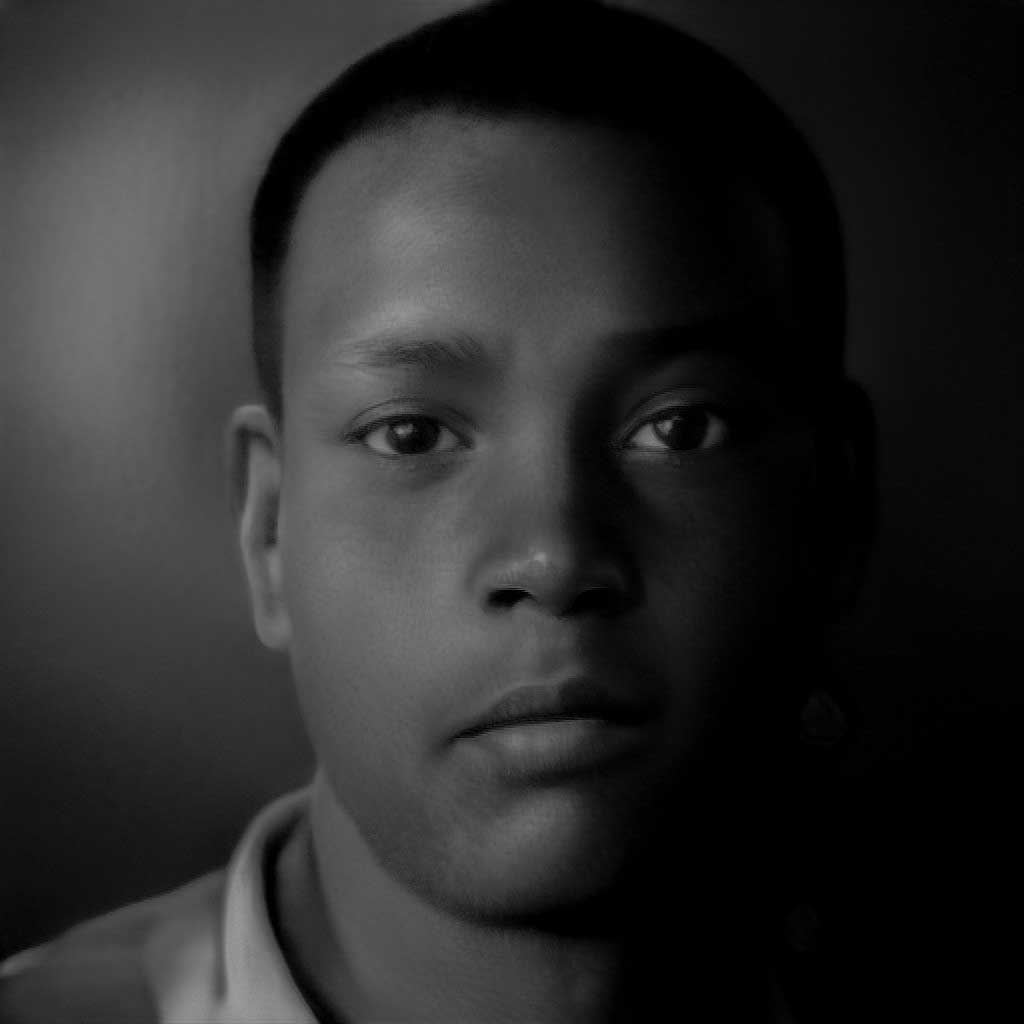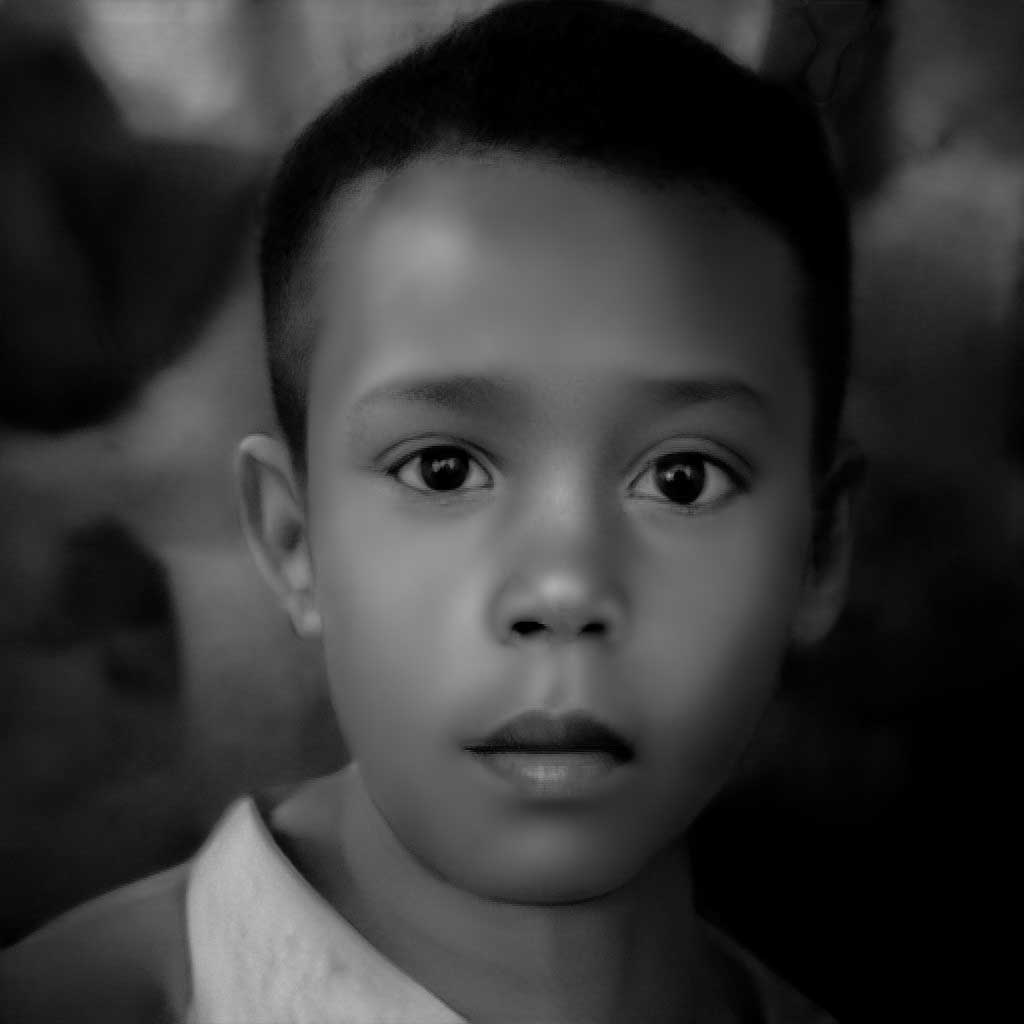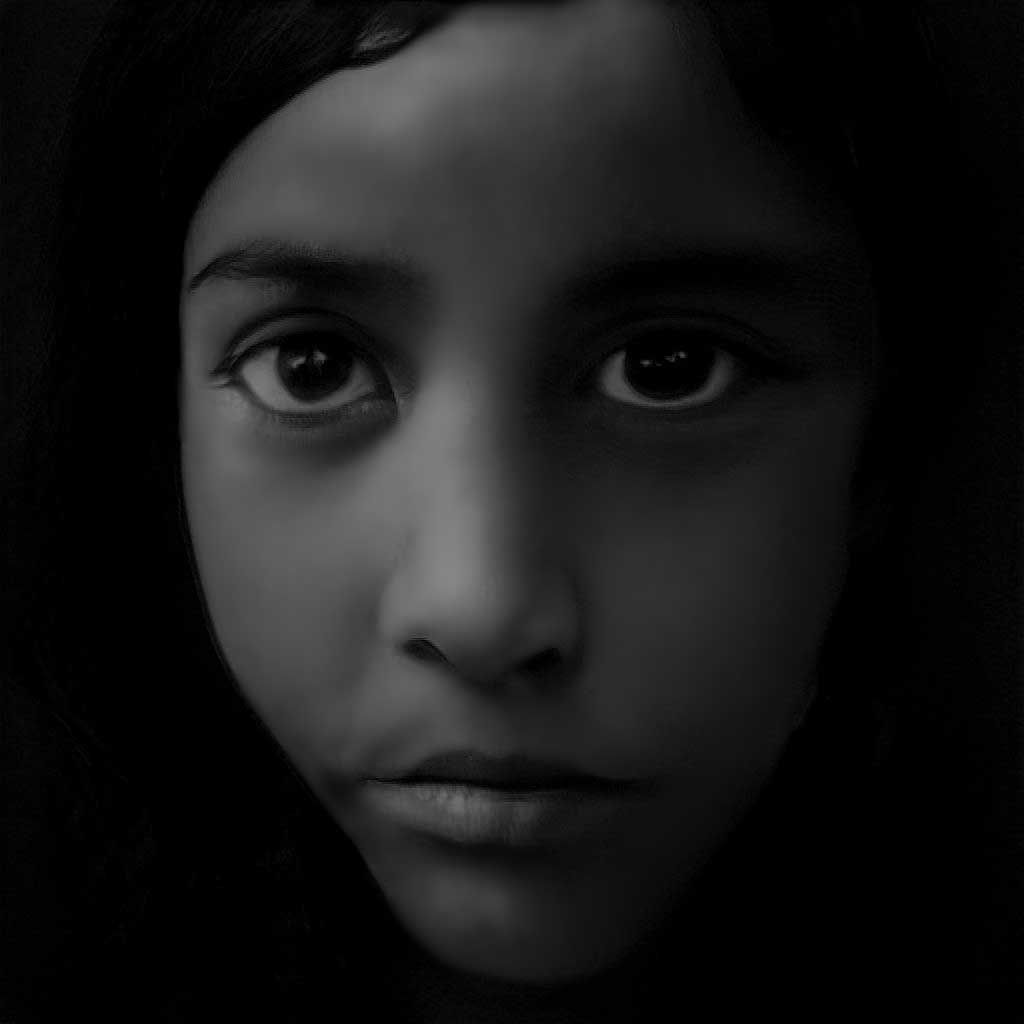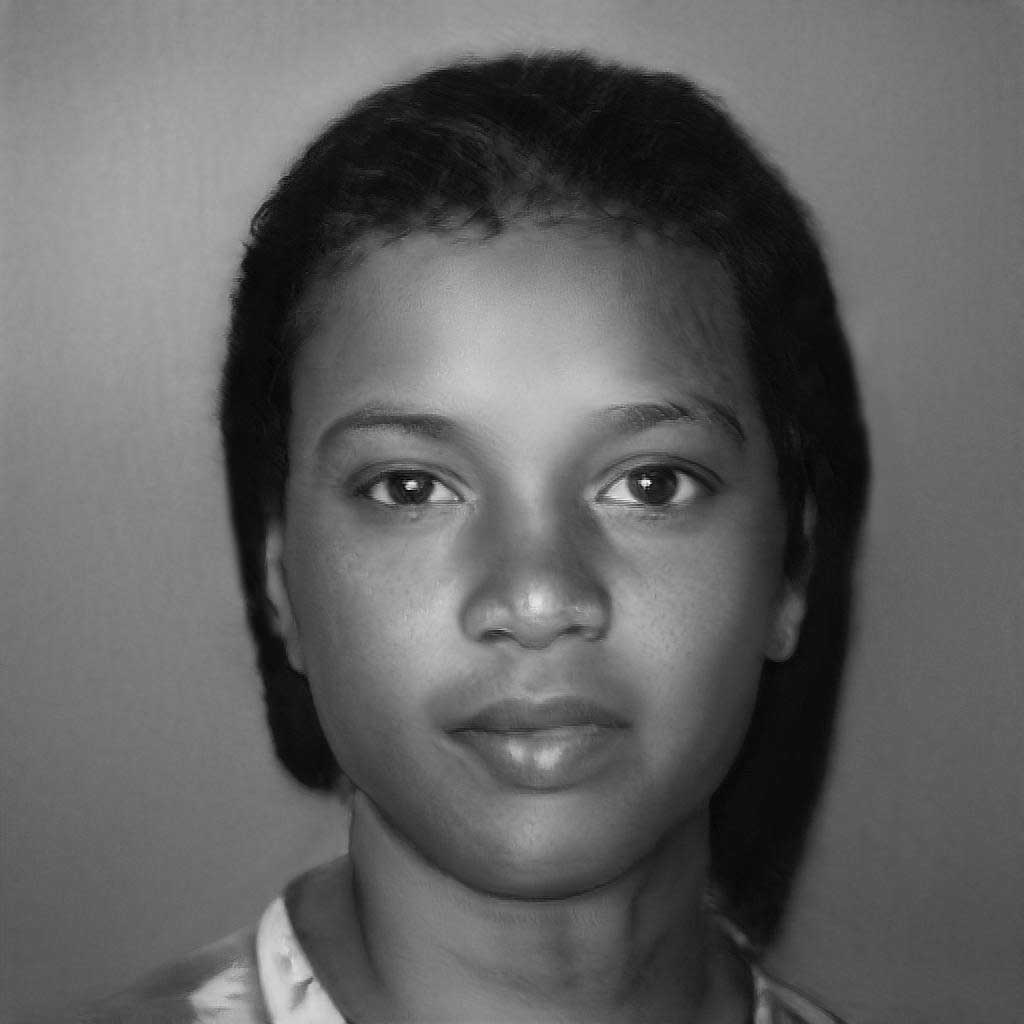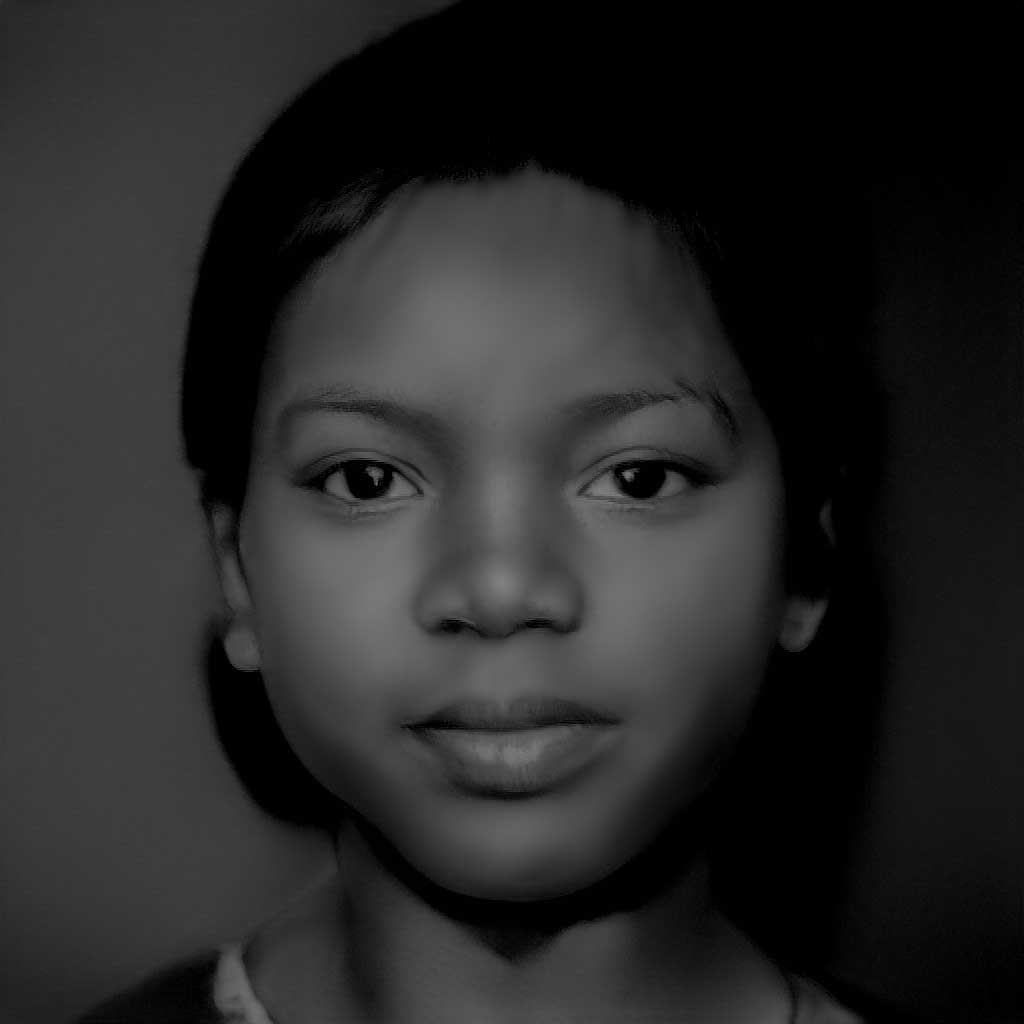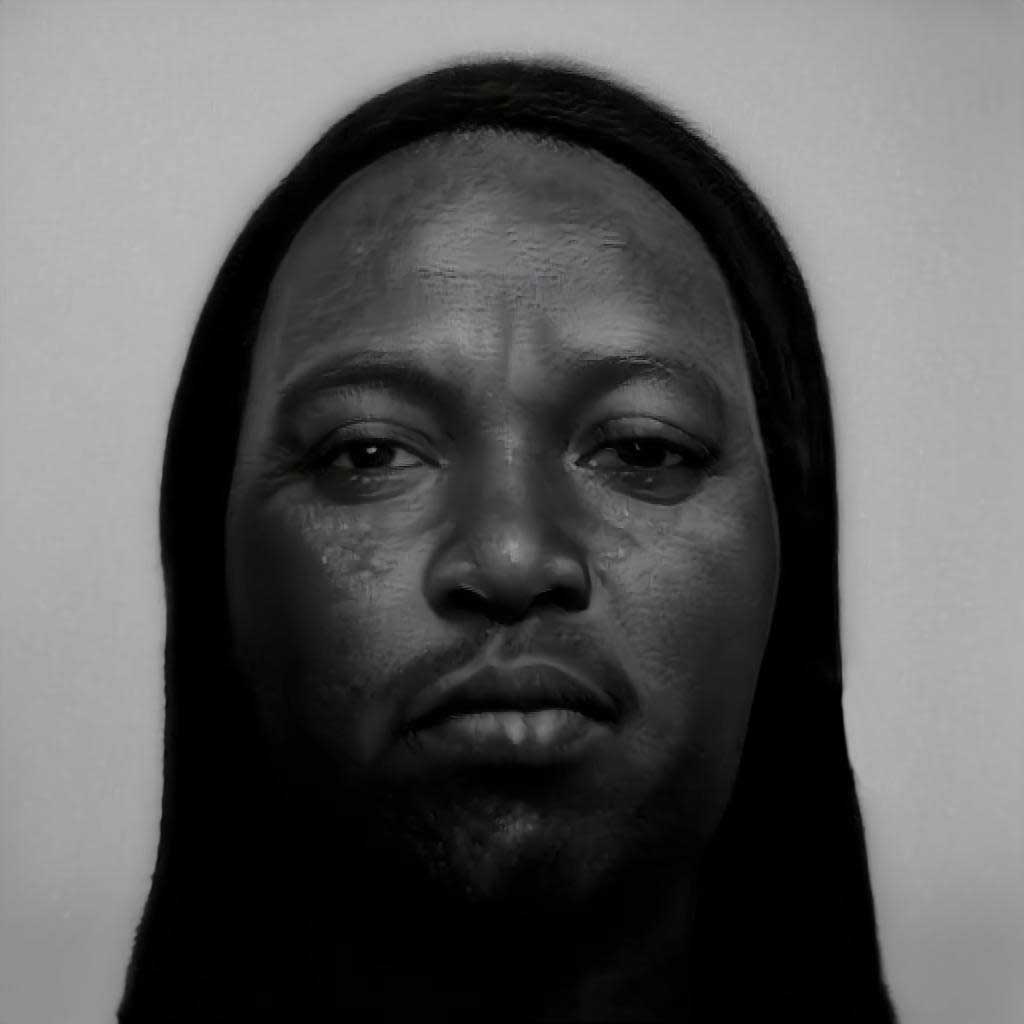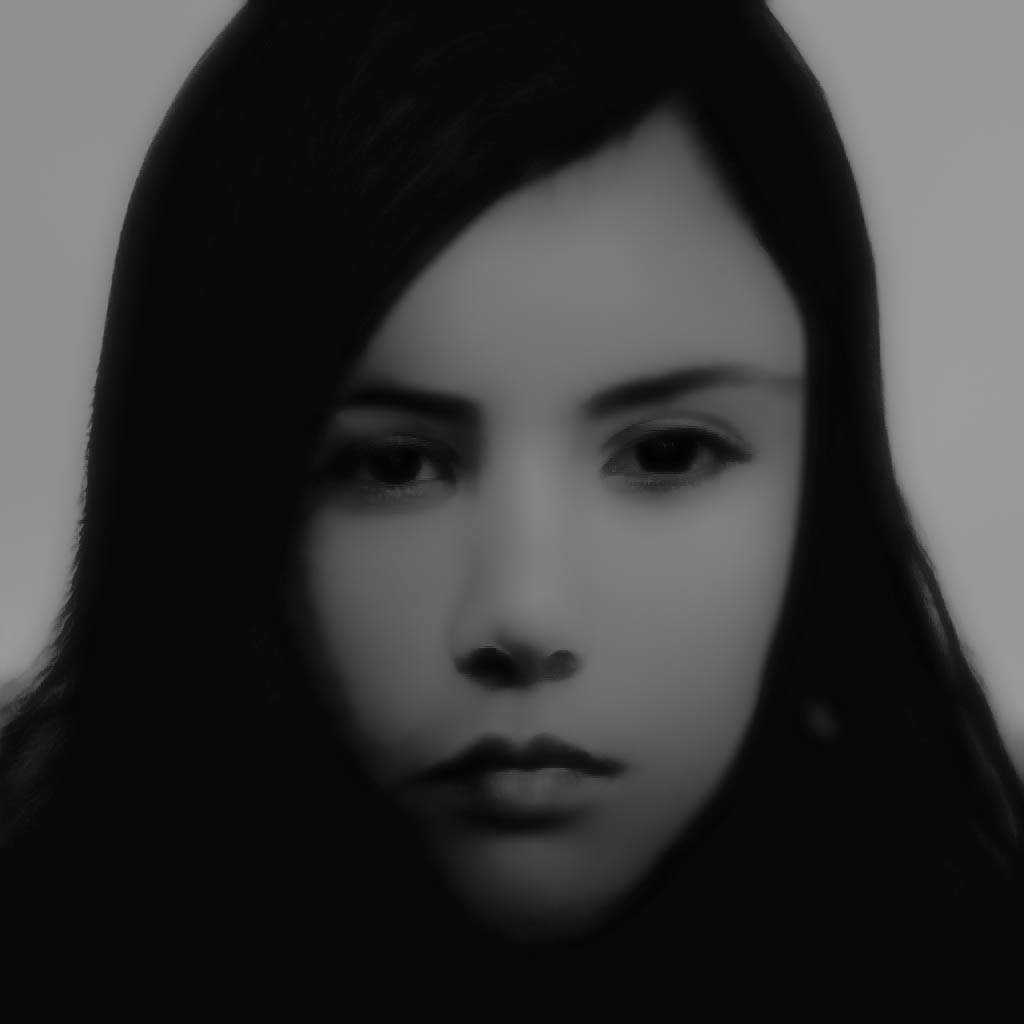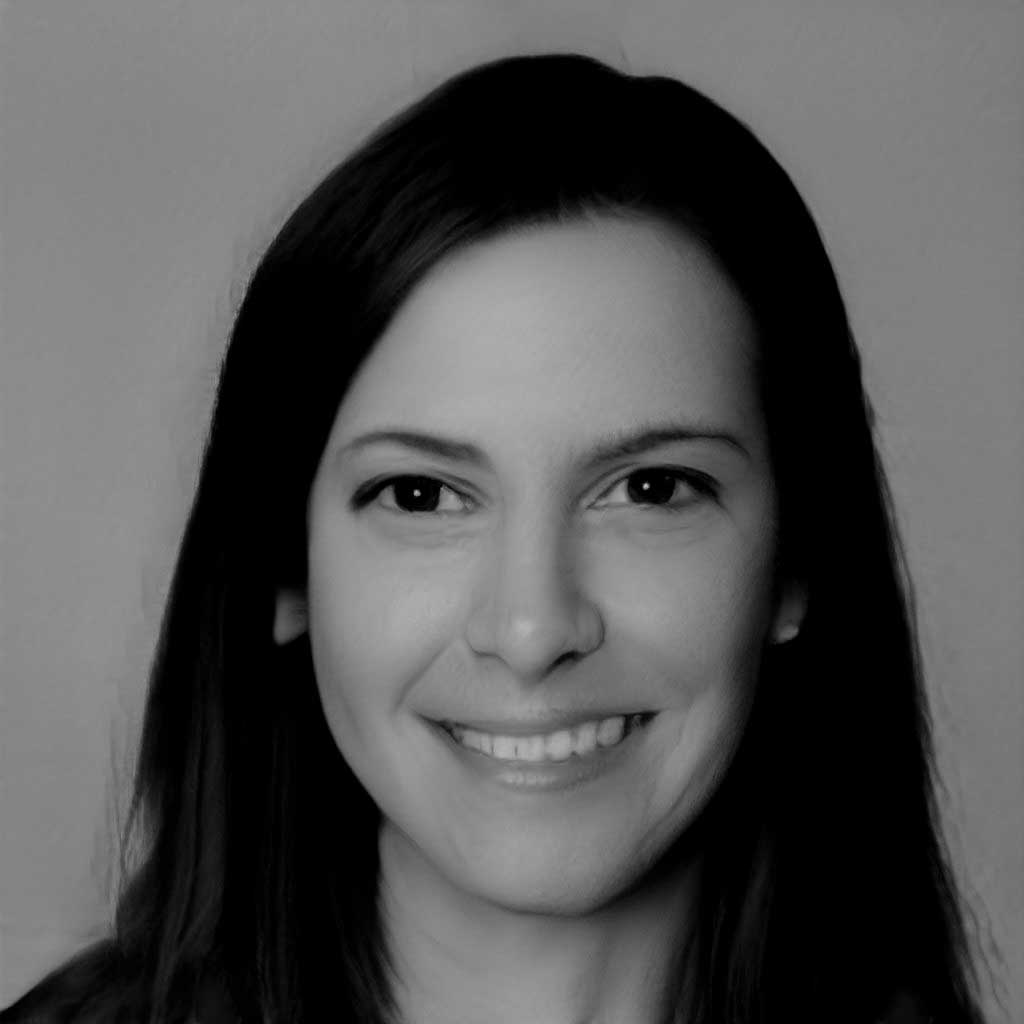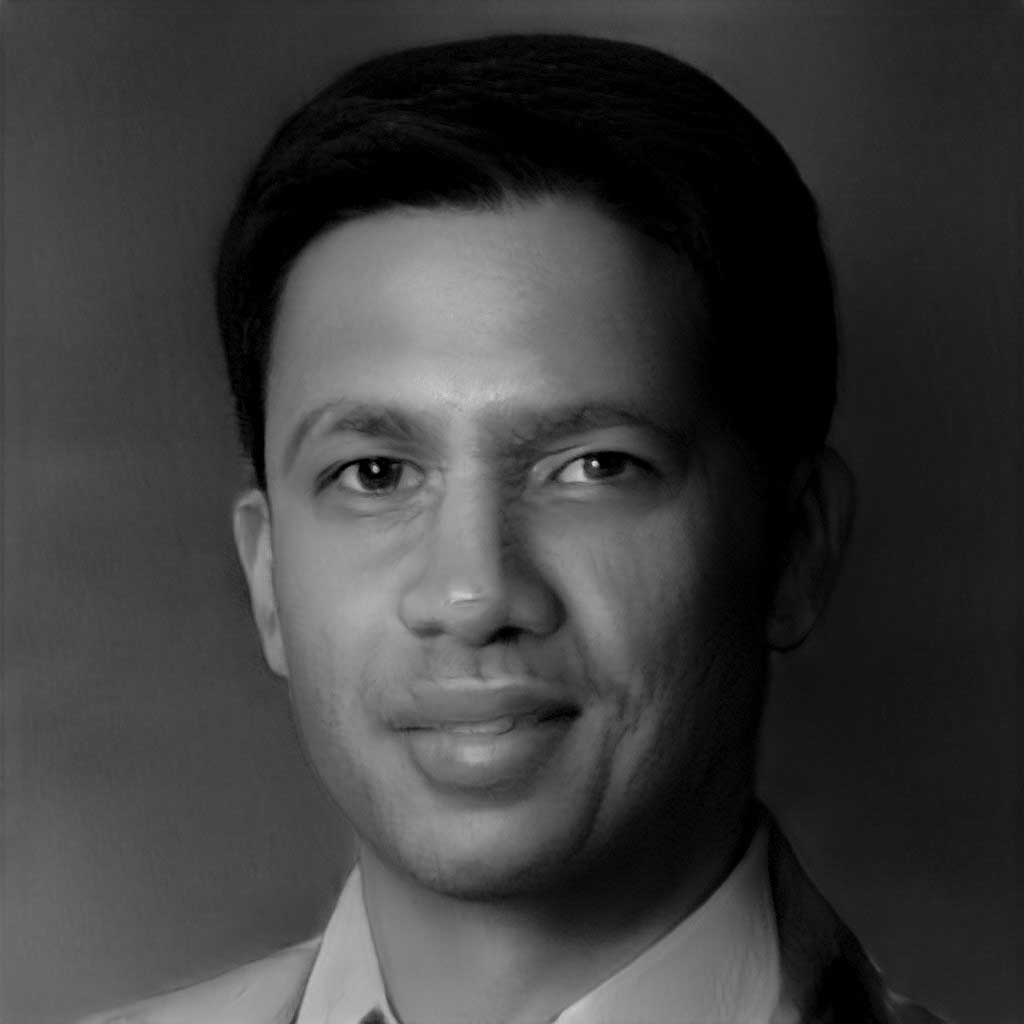IMMIGRANT OR EXPAT
If I say "John is a migrant" or "John is an expat" how would you picture John in your head? How would he look like? How would you choose between "migrant" and "expat" considering that the two terms have almost identical meanings in the Cambridge Dictionary.
ImmigrantA person who has come to a different country in order to live there permanently.
ExpatSomeone who does not live in their own country.
The people portrayed here are not real, of course. They are the creation of a machine learning system called GAN, which draws them from two different datasets of portraits: one linked to the “immigrant” tag on Flickr; and the other to the "expat" tag on the same website. GAN was trained twice - once for each of the two datasets - to generate these portraits.
In a way, the computer becomes inherently biased (racist?) after being fed and trained by a human being. Through such a process, vast amounts of images are generated, which allow us to see how both the terms “migrant” and “expat” become biased. It follows that it is ever easier for that bias to exist.
What is the power of language? Why do we choose a term over another? How does media affect our perception of different terms with a same (or to a wider extent very very similar) meaning? And how unconsciously biased are we, when we choose a word in the place of another?
This is an experimental project that wants to underline how society, media and our own experience of the world shape our mind.The project was carried out with the curiosity to discover beautiful faces and portraits, but was soon tainted by the shock of discovering how, once again, images can be permeated by an innate racism that is much more intrinsic in our society than ever before. The hope is to give others an opportunity for self-criticism.
This project was conceived and created by me, with the help of curator Maria Ghetti, and made possible by Runway ML. For any additional information, question or complaint you can email me here.
